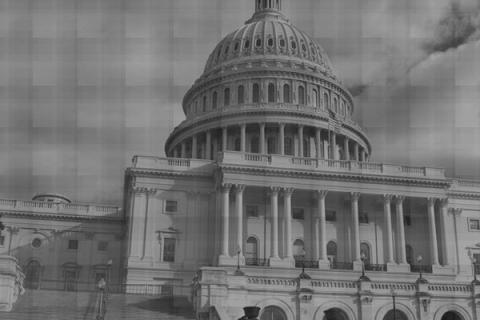With the Democratic-controlled Congress weighed down by a devastatingly low twelve percent approval rating, Republican leadership might be tempted to flaunt the political pummeling that Democrats could face in November.
The GOP certainly has some merit for their midterm optimism. The Christian Science Monitor notes the party with more enthusiasm going into the midterms is usually an indicator of how those elections will materialize. “The enthusiasm question has generally provided an accurate indication of which party will fare better in the midterm elections,” says Jeffrey Jones, whom the Monitor cites in their report.
Heading into November, 59 percent of Republican and Republican-leaning Independents hold the “enthusiasm” advantage over Democratic voters. By comparison, a mere 44 percent of Democratic-leaning voters hold a “more enthusiastic than usual” mindset.
For Republicans, it appears as if a change in leadership favoring them is certainly coming. However, to slightly spin off a phrase from the Bill Clinton era, it depends on what the meaning of “change” is. That’s certainly what many voters are feeling at the moment.
According to a recent Rasmussen Reports telephone poll taken of 1,000 likely voters, 72 percent of GOP voters “continue to believe that GOP members of Congress have lost touch with the party base throughout the nation over the past several years.” A mere 21 percent of Republican voters believe that current Republicans in Congress are actually doing a “good job.”
However, with a 61 percent approval from Democratic supporters, confidence in Democratic members of Congress is higher among their supporters than Republican support of Republican members. Branching out to survey all voters, a shocking 18 percent of them say that the Republican members of Congress have done a “good job” of representing the party’s values.
Rating the consistency of a party’s actions with its values, voters had higher marks for Democrats. 38 percent of all voters say that Democratic members of Congress have done a “good job” at representing the party’s values.
What essentially seems to be the case here is that there’s a blurring of the lines between the two parties. Given that voters perceive Republicans as being more inconsistent with party principles, what distinguishes them from Democrats?
The most telling statement of the report from Rasmussen’s poll is that voters are “unconvinced” that a Republican takeover in November would make a “noticeable” difference. As a matter of fact, 35 percent believe a new party is needed because the difference between Democrats and Republicans is not noticeable.
Right now, given the low approval ratings of the Democratic-controlled Congress, voters might perceive Republicans to be the lesser of two evils in the upcoming elections. At the same time, the “lesser” option still has the word “evil” tagged to the label.
The Rasmussen poll demonstrates that Republicans must bring fresh solutions to the table if they are to change voters’ perceptions of making a difference after the midterms.
Is the time coming for Republicans to party like it’s 1994?
Perhaps, but their work is certainly cut out for them.

